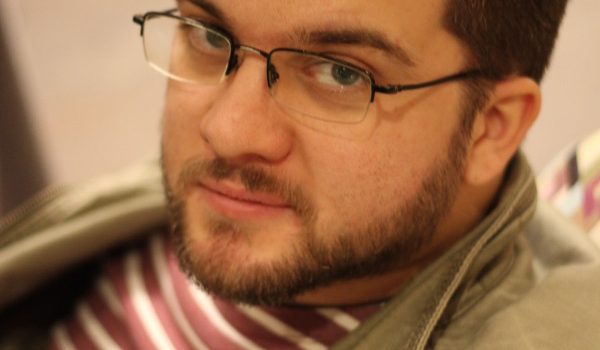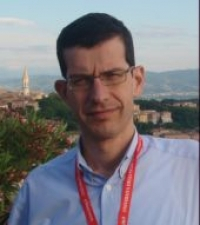
Speaker: Frédéric Prost is an associate professor hosted by the CITI laboratory: https://lig-membres.imag.fr/prost/
Date: 04/05/2023
Time: 12h15
Place: Amphi Chappe/Lamarr, 6 avenue des arts, La Doua Campus
Title: AI Risk: an Historical Perspective through the Game of Chess
Abstract: The game of chess as always been viewed as an iconic representation of intellectual prowess. Since the very beginning of computer science, the challenge of being able to program a computer capable of playing chess and beating humans has been alive and used both as a mark to measure hardware/software progresses and as an ongoing programming challenge leading to numerous discoveries.
Recent advances in AI (GPT-4, Midjourney etc.) have raised an important discussion on the societal risk of AI. Several articles, and a recent request for a moratorium of 6 months in AI research (signed by thousands of AI researchers and influential figures from politics, economics etc. https://futureoflife.org/open-letter/pause-giant-ai-experiments/) have been published in the last few weeks.
In this talk I will tackle the issue of AI risk from an historical perspective. In chess the AI are stronger than humans for more than a quarter of century (Kasparov loss to Deep Blue dates back to 1997). We can use this history as a proxy to discuss fears/hopes and to explore what happens when AI develops super human capabilities (for instance how the chess community has evolved). Of course the range of the chess is wolrd is limited in its scope with relation to LLMs. But it is interesting and justified because, when one is trying to study a complex phenomenon, isolating experiments in a lab allows the reduction of noise.
Bio: Frédéric Prost est MdC à l’université Grenoble Alpes et au laboratoire LIG, hébergé au CITI. Il a principalement travaillé dans la théorie des langages de programmation (réécriture de graphes, sémantique des langages d’interrogation des BD graphes) et les problématiques de confidentialité (analyse de non interférence, anonymisation de bases de données graphe).






